There are 8 universities of which the University of Libya depicted here is the oldest having been founded in 1955. Ministry of Higher Education and Scientific Research Libya وزارة التعليم العالي والبحث العلمي.
 Libya Finance And Trade Britannica
Libya Finance And Trade Britannica
Children in Libya complete the final three years of basic education in middle school.
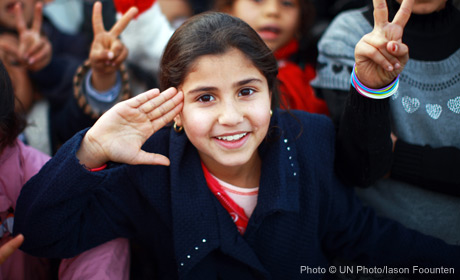
Type of education libya. By the mid 1980s there were 1245000 students enrolled in primary and secondary education. Higher Education Context in Libya In Libya higher education is offered in universities both general and specialized and higher vo-cational institutes. Al Nasr Street Tripoli Tripoli Libya.
Libya - Libya - Climate. The CIA World Factbook estimates that the Libya Population in 2012 was 6733620. In spite of Gaddafis infamous legacy his reign was also marked by irrefutable gains in the educational system.
Reproductive health maternal mortality ratio and adolescent birth rate empowerment share of parliamentary seats held by women and share of population with at least some secondary education and labour market participation labour force participation. The Saharan influence is stronger in summer. Typically this phase of education will focus on classes such as Arabic Islamic languages Jamahiriyi society mathematics and natural sciences.
1 The Gender Inequality Index is a composite measure reflecting inequality between women and men in three different dimensions. Higher institutes to train trainers and instructors. In the Libyan Jamahiriya education is free to everyone from elementary school right up to university and post-graduate education both in Libya and abroad.
Primary and secondary schools were established all over the country and old Quranic schools that had been closed during the struggle for independence were reactivated and new ones established lending a heavy religious cast to Libyan education. Children begin studying at age six and continue to do so through age 15. The rate of growth in Libya has been increasing since 2015 but this expected to take a down turn around 2020 when it is expected that the growth rate will begin to slow towards 03 around 2050.
For further details on the Libyan market please view Richard Truscotts report of November 2004 UK Trade and Investment is planning to produce a comprehensive guide for the education sector about Libya. These include teacher training higher vocational institutes. Polytechnic institutes and higher education institutes for technical industrial and agricultural sciences.
Libya has two universities several technical schools and a well developed primary and secondary school system. Libya Table of Contents. Under the monarchy all Libyans were guaranteed the right to education.
Primary to tertiary education. This type of schooling spans three years. There were 670000 males 54 percent and 575000 females 46 percent.
Several higher education. External actors have exacerbated Libyas problems by funneling money and weapons to proxies that have put personal interests above those of the Libyan people. Between 1970 and 1986 Libya built 32000 new classrooms for primary secondary and vocational schools.
From October to March prevailing westerly winds bring cyclonic storms and rains across northern Libya. Reproductive health maternal mortality ratio and adolescent birth rate empowerment share of parliamentary seats held by women and share of population with at least some secondary education and labour market participation labour force participation. 16 rows Libya ranked first for school life expectancy.
Libyas climate is dominated by the hot arid Sahara but it is moderated along the coastal littoral by the Mediterranean Sea. Over the last three years student numbers from Libya increased by 10 each year. 10292017 Students in tertiary or higher education programs are widely accessible in Libya today but are no longer funded by the government.
Basic education is free and compulsory in Libya. Children attend primary school between the ages of six and 12. 1 The Gender Inequality Index is a composite measure reflecting inequality between women and men in three different dimensions.
Higher education in Libya is provided by both general and specialized universities and polytechnics higher institutes and teacher training colleges too. Eight years after the fall of Muammar Qaddafi Libya continues to struggle to end its violent conflict and build state institutions. Most students continue on to secondary school.
Geo Focus and Coverage. The education system in the country is about average for the region. 54 percent were males and 46 percent were females.
This is primary school and compulsory under federal law. Pre-university education is divided into primary preparatory and secondary education. One third of the Libyan population was enrolled in school or in some other form of educational endeavor.
Http Www Fao Org 3 I9803en I9803en Pdf
 Unfpa Libya Unfpa United Nations Population Fund
Unfpa Libya Unfpa United Nations Population Fund
 Libya Finance And Trade Britannica
Libya Finance And Trade Britannica
 Pdf A Swot Analysis Of E Learning Model For The Libyan Educational Institutions
Pdf A Swot Analysis Of E Learning Model For The Libyan Educational Institutions
 Libya Covid 19 Situation Report No 4 As Of 12 May 2020 Libya Reliefweb
Libya Covid 19 Situation Report No 4 As Of 12 May 2020 Libya Reliefweb
Https Reliefweb Int Sites Reliefweb Int Files Resources Libya Hrp 2020 English Full V1 Pdf
Https Www Etf Europa Eu Sites Default Files M 01be9a2f283bc6b2c1257d1e0041161a Employment 20policies Libya Pdf
Http Www Ibe Unesco Org Sites Default Files Libyan Arab Jamahiriya Pdf
Https Www Nokut No Contentassets 5751a837c39042b08776c0eacf416e41 Country Briefing Libya 2017 Pdf
 Alumni Engagement Innovation Fund Aeif 2021 Notice Of Funding Opportunity U S Embassy In Libya
Alumni Engagement Innovation Fund Aeif 2021 Notice Of Funding Opportunity U S Embassy In Libya
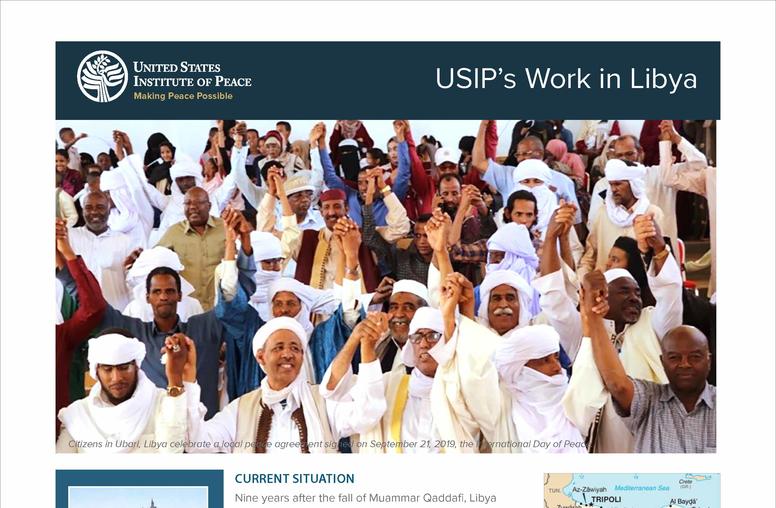 The Current Situation In Libya United States Institute Of Peace
The Current Situation In Libya United States Institute Of Peace
Http Www Ibe Unesco Org Sites Default Files Libyan Arab Jamahiriya Pdf
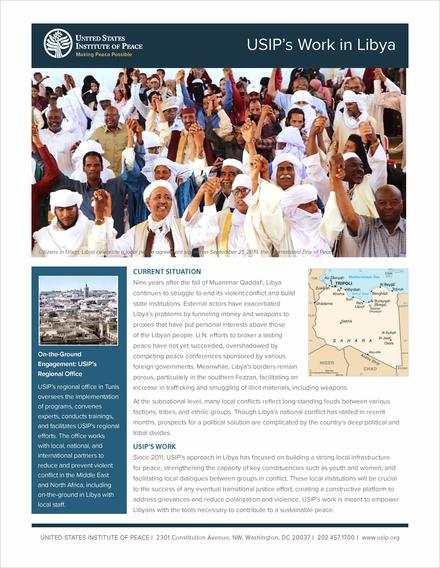 The Current Situation In Libya United States Institute Of Peace
The Current Situation In Libya United States Institute Of Peace
 Unhcr Libya Factsheet February 2021 Libya Reliefweb
Unhcr Libya Factsheet February 2021 Libya Reliefweb
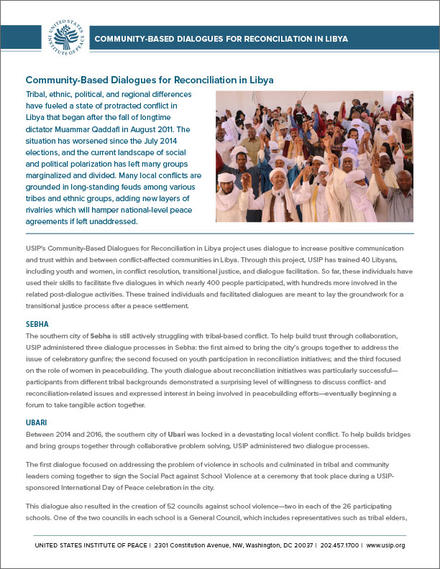 Community Based Dialogues For Reconciliation In Libya United States Institute Of Peace
Community Based Dialogues For Reconciliation In Libya United States Institute Of Peace
Http Www Ibe Unesco Org Sites Default Files Libyan Arab Jamahiriya Pdf
 Civilian Casualties Report From 1 January 31 March 2020 Libya Reliefweb
Civilian Casualties Report From 1 January 31 March 2020 Libya Reliefweb
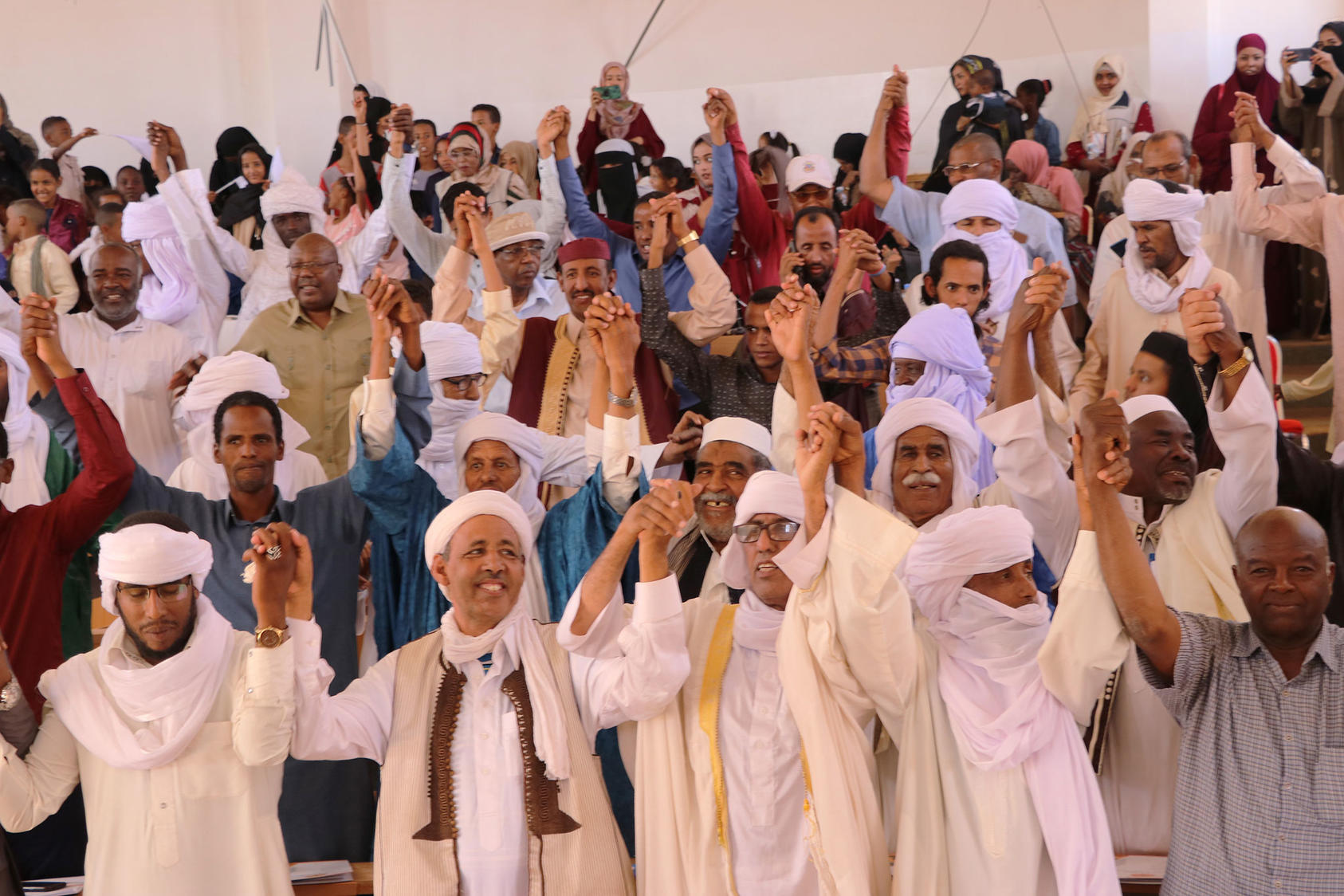 Community Based Dialogues For Reconciliation In Libya United States Institute Of Peace
Community Based Dialogues For Reconciliation In Libya United States Institute Of Peace

0 comments